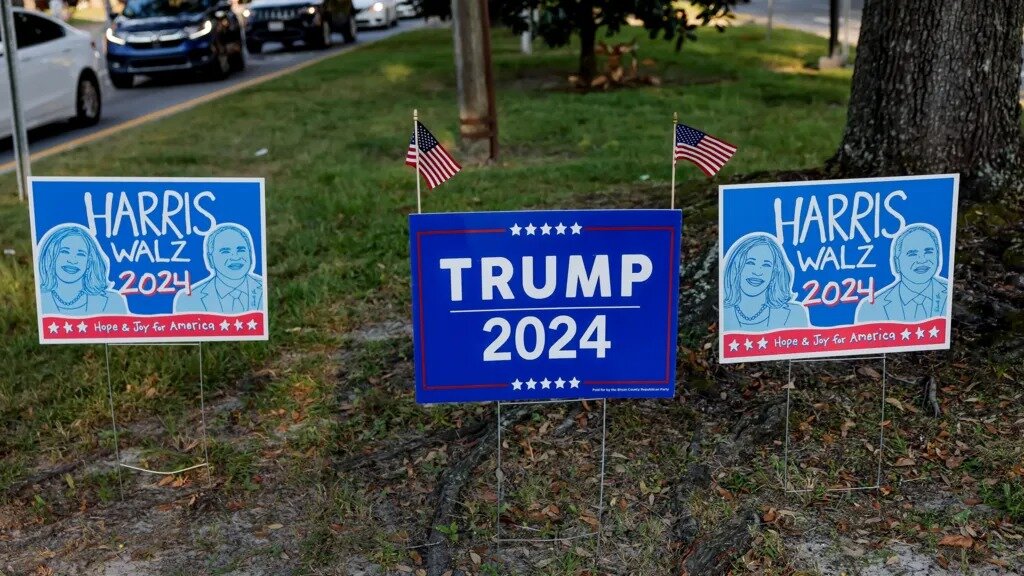In a bold move aimed at revitalizing the American auto industry, former President Donald Trump has unveiled a series of proposals that promise to reshape the landscape of car ownership and manufacturing in the United States. With the automotive sector facing challenges from foreign competition and changing consumer preferences, Trump’s plan includes significant tax incentives for consumers and stringent tariffs on imported vehicles.
Tax-Deductible Interest on Car Loans: A Game Changer for Consumers
One of the centerpiece proposals is the introduction of tax-deductible interest on car loans. This initiative seeks to ease the financial burden on American car buyers by allowing them to deduct interest payments on their vehicle loans from their taxable income. By making car loans more affordable, Trump aims to stimulate consumer spending in the auto market, potentially leading to an uptick in sales for American manufacturers.
“Cars are essential for many American families, and we want to ensure that owning a car is not a financial strain,” Trump stated during a recent press conference. The proposal could significantly impact middle-class families, making it easier for them to secure financing for new or used vehicles.
Heavy Tariffs on Imported Cars: Protecting American Jobs
In addition to tax incentives, Trump is advocating for imposing heavy tariffs on imported cars. This protectionist strategy aims to bolster domestic production by making foreign vehicles less competitive in the U.S. market. By increasing costs for imported cars, the proposal seeks to encourage consumers to purchase American-made vehicles, thereby supporting local manufacturers and preserving jobs within the industry.
Economists predict that while these tariffs may initially raise prices for consumers, the long-term benefits could include job creation and a stronger manufacturing base. “This approach is about prioritizing American workers and ensuring that our automotive industry can compete on a global scale,” Trump emphasized.
Addressing Industry Concerns
While Trump’s proposals have garnered support from many within the automotive sector, they have also sparked concerns about potential retaliation from trading partners. Critics argue that imposing heavy tariffs could lead to trade wars, negatively impacting other industries reliant on imported components.
Automotive experts stress the importance of balancing protectionist measures with the need for a competitive marketplace. “While supporting domestic production is crucial, we must ensure that we are not closing the door on innovation and competitiveness that comes from global trade,” said one industry analyst.
Conclusion: A New Era for the Auto Industry?
Trump’s ambitious proposals mark a significant shift in U.S. automotive policy, aiming to invigorate the industry while addressing the financial challenges faced by consumers. Whether these measures will succeed in stimulating the market and protecting American jobs remains to be seen. As the automotive landscape continues to evolve, all eyes will be on the implications of Trump’s plan for the future of car ownership in America.
Stay tuned for more updates as these proposals develop, and how they may impact the auto industry and consumers alike.




